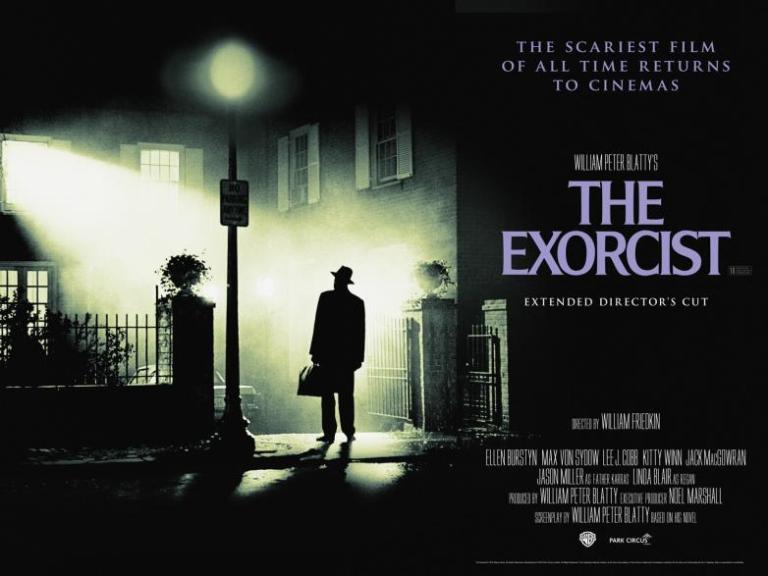The Roman Catholic Church has developed a specialty in the exorcism of demons. Though this would seem to be a throwback to its premodern past, Pope Francis–for all of his apparent liberalism–is a strong believer in the reality of demons and has been promoting the practice of exorcism.
One problem has been that the authorized rites of exorcism have been in Latin. As Lutheran (LCMS) classicist E. Christian Kopff has emphasized in his book of that name, The Devil Knows Latin (which is a good reason the rest of us should know it as well). But not all would-be exorcists can handle that language.
So now the United States Conference of Catholic Bishops, in conjunction with the Vatican’s Congregation for Divine Worship and the International Commission on English in the Liturgy, has issued for the first time an official English translation of the exorcism liturgy and prayers to be used in spiritual warfare.
(Here is a .pdf of an English translation of an older form of Exorcism and Related Supplications, though it is not this new officially authorized version.)
According to Catholic teaching, not everyone should take up the task of casting out demons. You must be a priest, first of all, and a specially trained and equipped priest at that, who performs the rite only with the permission of a bishop. Otherwise, you are entering into a very dangerous type of combat. Thus, the liturgical manual is only being made available to authorized individuals, who will now have the choice of using either Latin or English.
But the appendix of Exorcism and Related Supplications includes “Supplications Which May Be Used by the Faithful Privately in Their Struggle Against the Powers of Darkness.” Demonically afflicted individuals apparently don’t necessarily need an exorcist. They can defeat devils through prayer, invoking the power of God.
Those prayers are now available to the general public as a book entitled Prayers Against the Powers of Darkness. You can buy it on Amazon for a mere $6.95.
Here is a list of the book’s contents, from the Amazon editorial description:
– Prayers to God for Protection
– Invocations to the Holy Trinity
– Invocations to Our Lord Jesus Christ
– Invocations to the Blessed Virgin Mary
– St. Michael the Archangel Prayer
– Litanies
So what do those of us who are non-Catholics think of this? All of the prayers to the saints, the use of holy water and other sacred objects, the special supernatural power of the priest, and the assumption that we must do certain rituals so as to cause God to act all go against the grain of most Protestants.
Certainly, Luther believed in demonic possession, but he emphasized the power of the Word of God to drive out devils, and the power of the Gospel to protect Christians, who, however, might still be tormented by the devil’s attacks.
And, as the devil seems to be having his way more and more, Protestants are also taking up the work of exorcism, including Lutherans.
Here are some resources from a Biblical, confessionally Lutheran point of view:
Harold Ristau, My First Exorcism: What the Devil Taught a Lutheran Pastor about Counter-Cultural Spirituality
Robert H. Bennett, Afraid: Demon Possession and Spiritual Warfare in America
Robert H. Bennett, I Am Not Afraid: Demon Possession and Spiritual Warfare [True Accounts from the Lutheran Church of Madagascar]
Catholics certainly have a great deal of experience in this area, so I appreciate their making their resources available, to a certain extent, and they may contain useful material, though I cannot endorse their theology.
It’s important to remember, though, that the sensationalistic demonic possessions that we see in horror movies are rare, at best. The devil does not need to make our heads spin around and cause us to levitate and spew projective vomit. He is probably more effective against us when simply tempting us to sin. Also when he causes us not to believe in him.
And yet pastors have told me of cases they have encountered that are indeed the stuff of horror movies.














